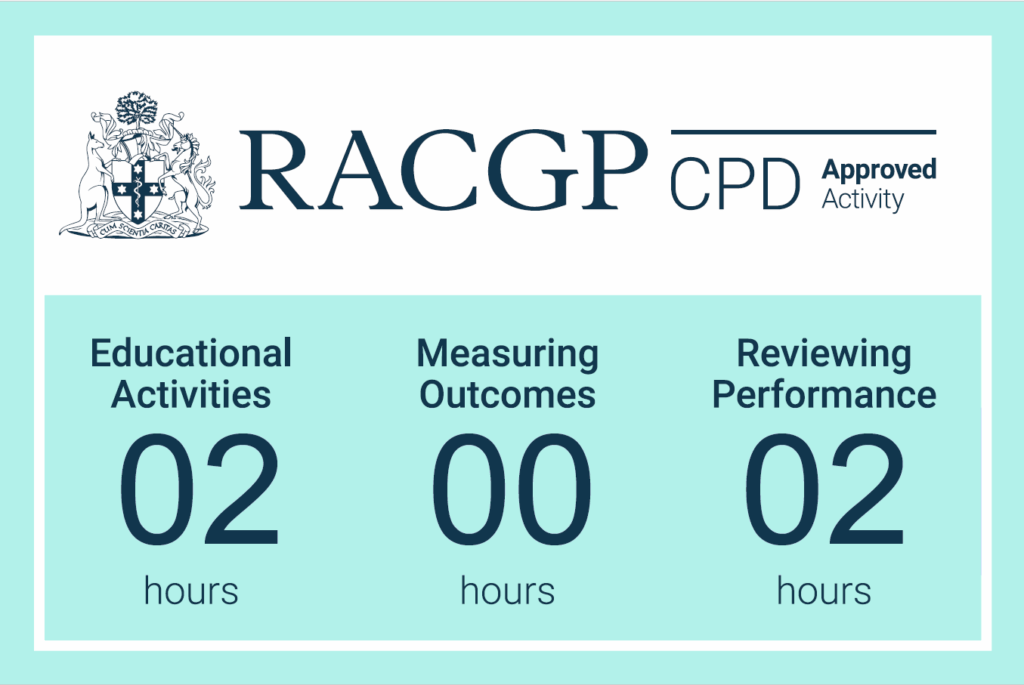Lung cancer is the 5th most commonly diagnosed cancer in Australia
The earlier lung cancer is diagnosed the greater the chance of success of treatment, however, the majority of cases are diagnosed at advanced stages – stage III or IV. Lung cancer can be difficult to diagnose early because some symptoms overlap with those of other conditions and/or may not be considered ‘high-risk’ if occurring in isolation. For patients with few or no risk factors for lung cancer, early diagnosis is made even more challenging as their healthcare professional may not immediately suspect lung cancer as a potential cause of their symptoms. It is important to be aware of the signs and symptoms of lung cancer as delays in investigations can lead to diagnosis of more advance staged cancer.
Accredited training for health professionals
In collaboration with Cancer Australia and clinical experts in lung cancer, Lung Foundation Australia has developed a free, accredited eLearning course for primary care health professionals based on Investigating symptoms of lung cancer: a guide for all health professionals. The course is developed to assist all health professionals investigate symptomatic people with suspected lung cancer and support their early and rapid referral into the diagnostic pathway.
By completing this training health professionals will be able to:
- Outline the role of primary care health professionals in treating lung cancer in Australia
- Explain how the resource Investigating symptoms of lung cancer: a guide for all health professionals (the Guide) supports primary care health professionals in practice
- Apply the Guide to case study patients with suspected lung cancer
- Outline a best practice approach to lung cancer care including referral to multi-disciplinary teams.


Was this page helpful?
Good job! Please give your positive feedback
How could we improve this post? Please Help us.




